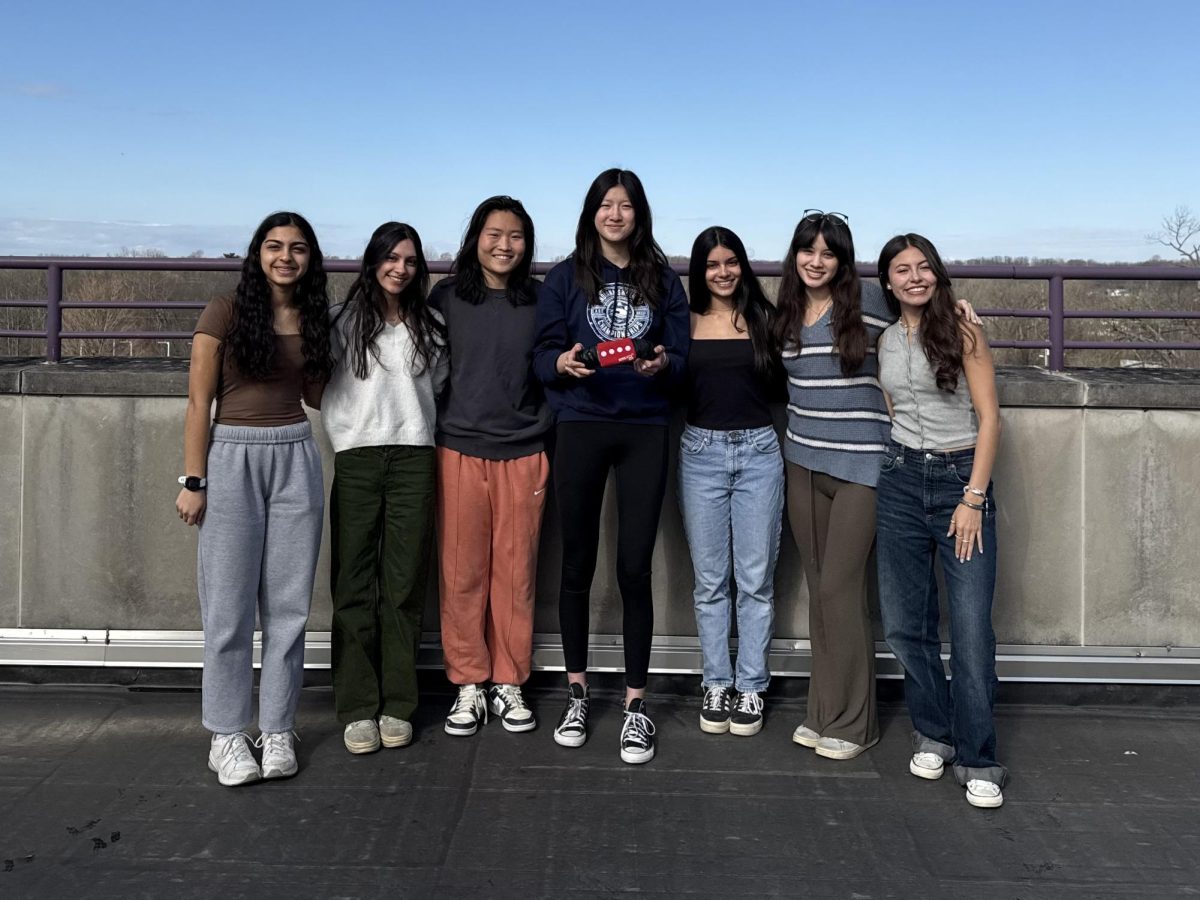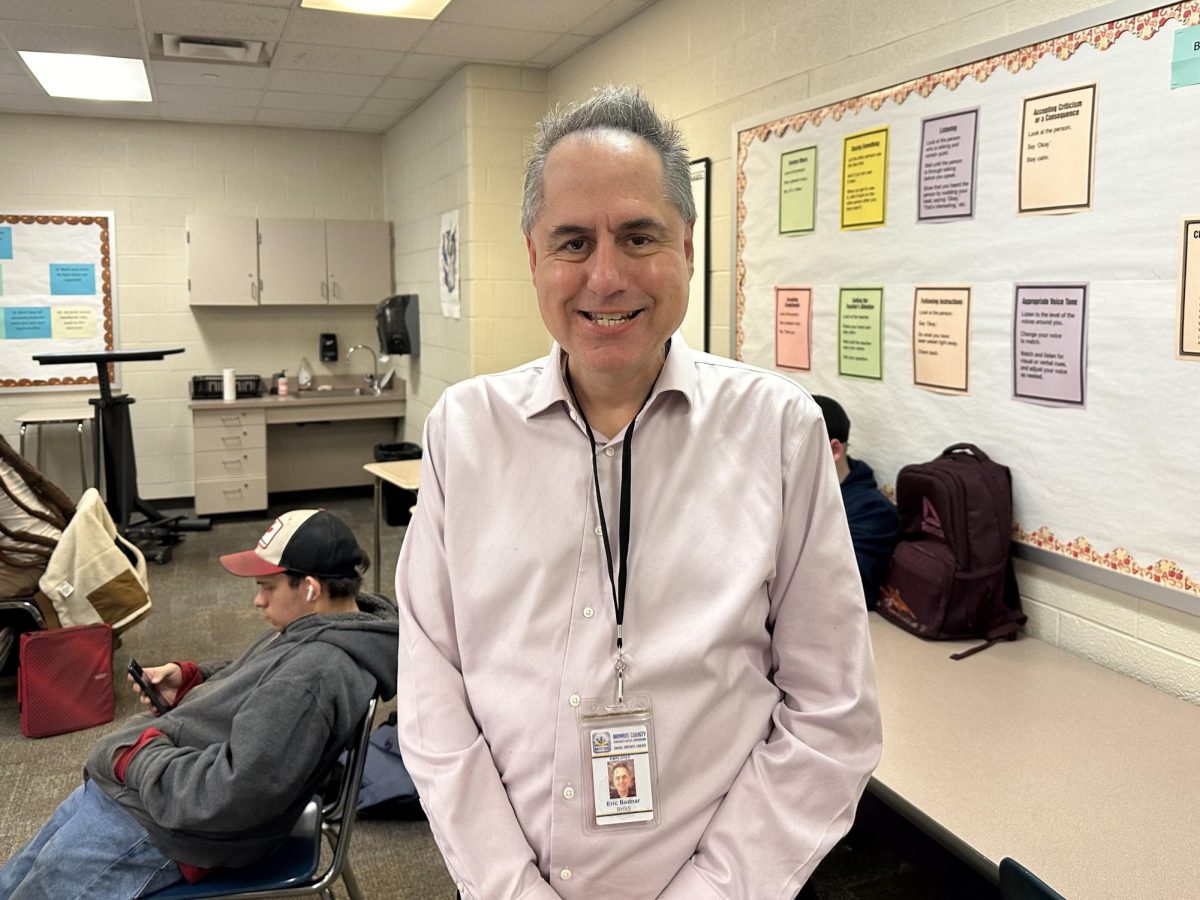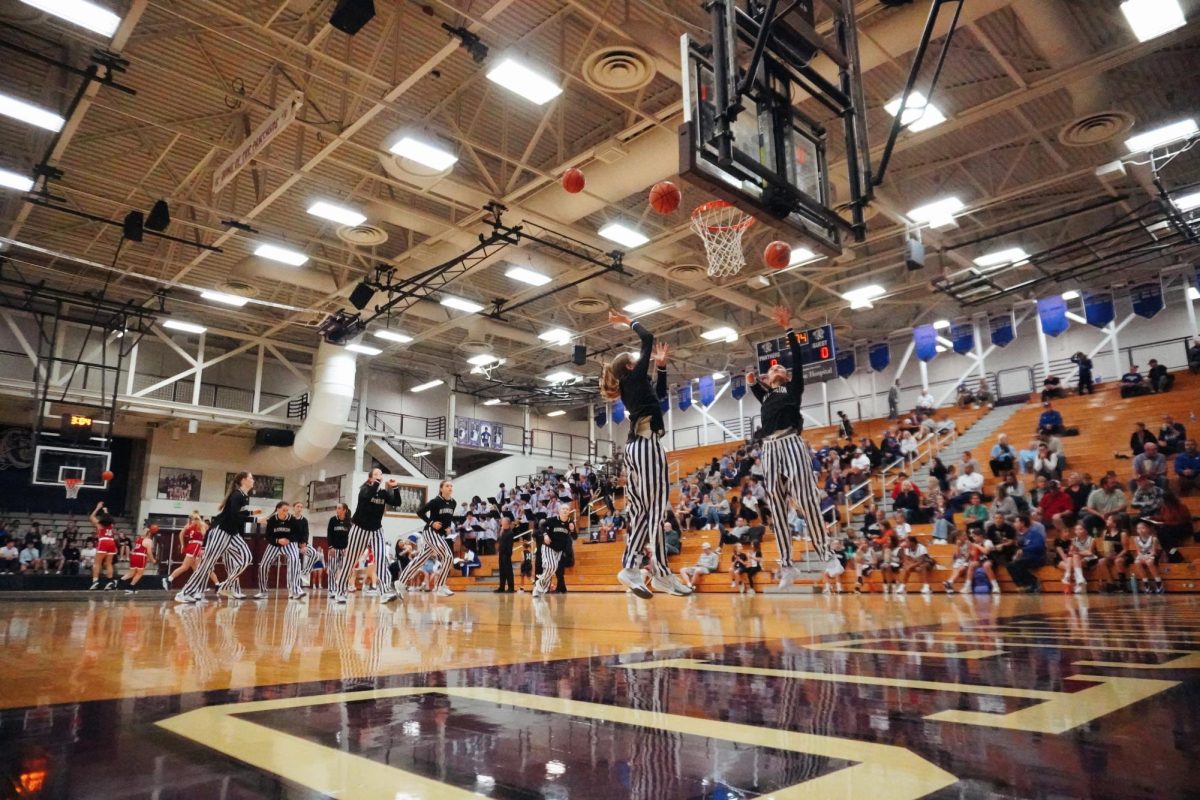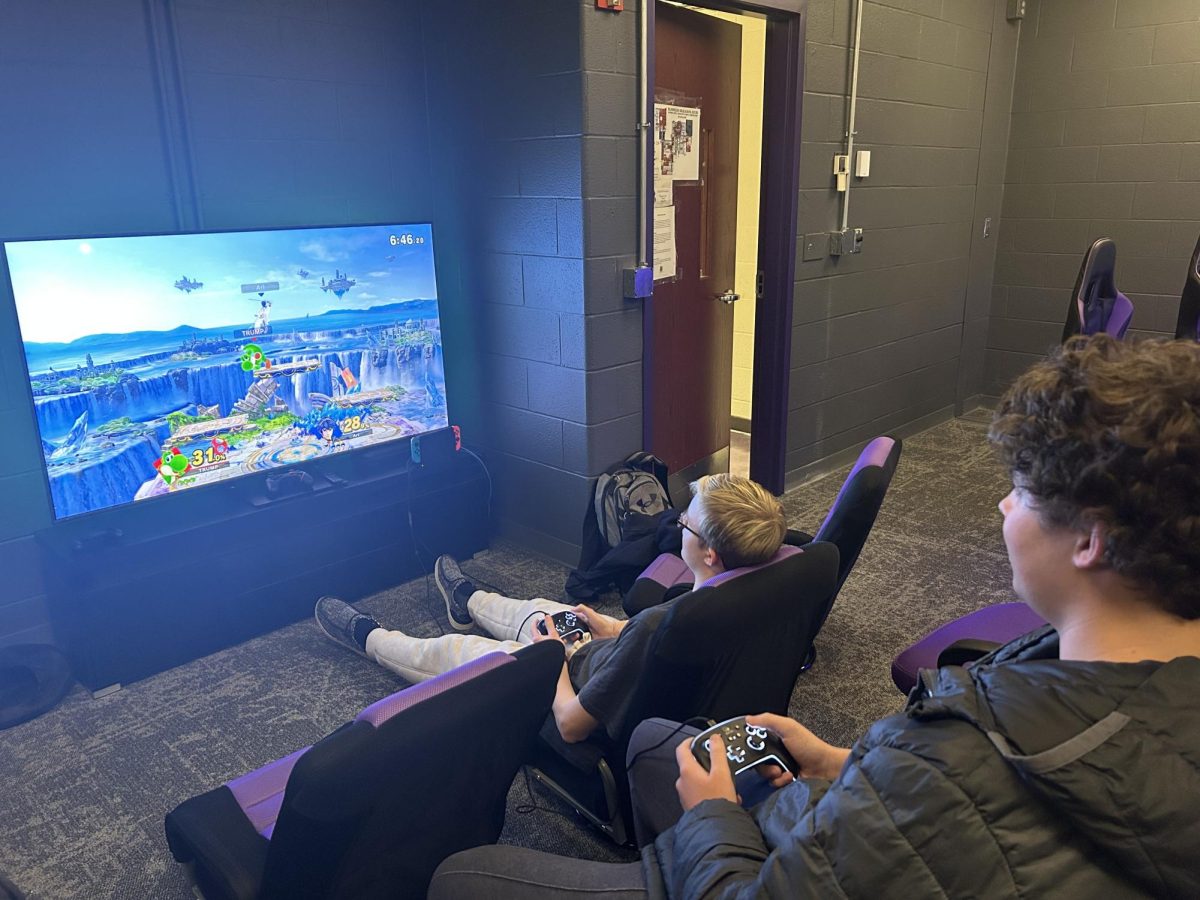Covid-19 has canceled in person recruiting, how do collegiate hopeful athletes get noticed now?
Just as the Covid-19 pandemic has altered our lives, it has altered the world of collegiate athletics and the recruiting of high school athletes. With new coronavirus guidelines implemented by high school and collegiate athletic departments, recruiting has had to be changed to fit our new normal.
The NCAA has constantly updated its coronavirus guidelines to protect the health of its coaches and students athletes. As a result, the NCAA recently extended its dead period through the end of the calendar year, meaning no in-person recruiting until January 1.
This means that thousands of high school athletes nationwide will commit to play collegiate athletics without ever meeting their coaches, or even officially visiting their campus. “When I committed I still hadn’t gone to see the campus and there were no official college visits,” said swimmer Gillian Boggs.
A huge part of the recruiting process for colleges is to evaluate high school athletes in person, and to build relationships with not only athletes but also their families. NCAA guidelines make this impossible which has elevated the importance of communication via email, Zoom, and other social media platforms.
This has required some athletes to base their decisions off of the vibe that they get from talking to coaches over the phone. “Communicating with players over the phone and over Zoom calls has become huge because both sides need to understand the personality and mindset of the other,” said soccer player Meghan Finley.
Additionally, the lack of in person communication depersonalizes the recruiting process. “During visits, coaches could really get to know a potential recruit on a personal level, not just stats or highlight videos,” said boys’ soccer head coach Kevin Sparks.
This lack of in person recruiting struck fear in athletes who needed a strong senior season to be put on the map.
This was the worry of soccer star, Finley, after her junior season ended with an ACL tear. “Because I was injured and coaches weren’t able to see me play at the end of junior year, having them see me play this year was going to be super important, but when that aspect was taken away I became extremely stressed.”
Many Division 1 athletes have been recognized while college scouts were at their games or camps to watch another player, and their great play ended up getting them recruited. However, this is no longer the case, and once again, social media has taken a bigger role in recruiting, as athletes have to put their film out there and contact college scouts to be noticed. “You now have the ability for your highlights/videos to reach places you didn’t think were possible, getting you in touch with coaches that are looking for exactly what you bring as a student-athlete,” said Sparks.
Looking forward to her senior season, Finley felt the need to play well coming off an injury, even before coronavirus hit. “Film has always been a pretty big part of recruitment but it has become even more important now because it’s the only way coaches can see players.”
Following an excellent senior season, Finley committed to Northern Illinois University to continue her soccer career.
Finley and swimmer Gillian Boggs, who committed to the University of Arkansas at Little Rock, agreed that social media and the internet have taken an elevated stature in their recruiting journeys. Although social media is a good way for athletes to be noticed, both Finley and Boggs agreed that the lack of in person contact was detrimental to the decision making process for high school athletes. “I believe that going and meeting coaches and the team, and being able to see the campus is very important and something that cannot be done over the phone,” said Boggs.
From a different perspective, Kevin Sparks saw a different negative impact of social media’s newfound significance. “Social media can also have a negative impact because a coach may see a post or tweet by a potential recruit that is something they don’t want in their program and move on.”
No campus visits and plenty of Zoom: NCAA recruiting goes virtual
Ethan Uhls, Staff Writer
January 27, 2021
Story continues below advertisement
Tags:
Donate to The Optimist
$900
$500
Contributed
Our Goal
Your donation will support the student journalists of Bloomington South High School. Your contribution will allow us to purchase equipment and cover our annual website hosting costs.
More to Discover
About the Contributor




